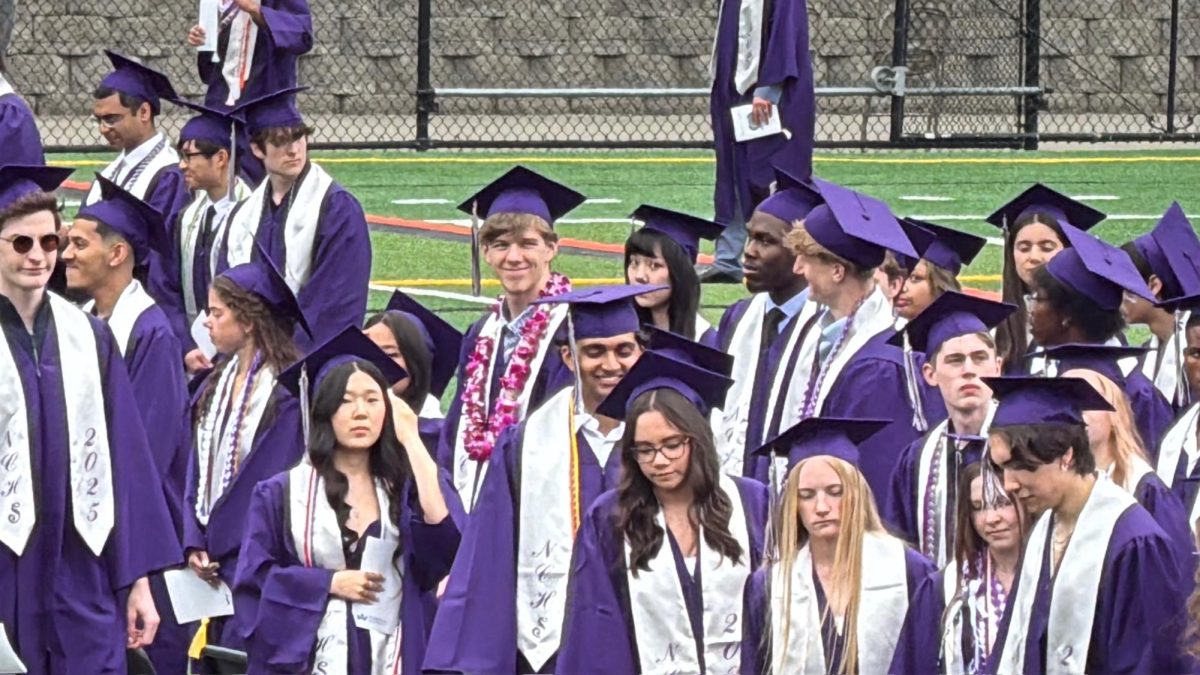Originally Published in the November 26th Print Publication
The U.S. legal age of eighteen marks the official legal transition to adulthood. At this age, individuals gain the right to vote for the next president elect, along with getting tattoos without parents permission, purchasing scratch-off lottery tickets, and being called in for jury duty.
Upon turning eighteen, a wide variety of rights and responsibilities become accessible, as society considers this age as legal adults. Nevertheless, the age of maturity is not necessarily on the same level as the age of maturity developing-wise. A certain question becomes apparent—when do individuals truly perceive themselves as adults?
Research from various studies indicates that the brain stops developing around mid to late twenties, and doesn’t fully mature until their thirties. Despite the scientific statistics, true adulthood is reliant on perspective, as different individuals consider themselves adults at different points in their life.
For instance, an eighteen year old may proudly claim to everyone their new adult status, simply because they began to handle personal financial responsibilities. In contrast, as time progresses that same individual may come to view marriage as the actual defining moment of adulthood, marking another shift in perspective. Even further down the line they may have kids, now solidifying adulthood, marking yet another change in viewpoint.
Most people believe their transition into adulthood occurs after they graduate college, or even when children appear in their lives. Others may consider themselves adults before they even reach eighteen, due to adversities forcing themselves to mature quicker.
It’s difficult to pinpoint an exact universal moment when someone becomes an adult, because truthfully, it’s different for everyone. Adulthood depends on perspective, experiences, as well as maturity. People go through their whole lives pondering what makes them an adult, but others know exactly what event made them an adult. Though for most people, adulthood did not happen all at once, but through a series of growth and challenges throughout their whole lives.
Ultimately, it is important to remember that maturity is relative, and each experience one faces adds on to their understanding of adulthood.
At this stage in many of our lives it’s something that we’re concerned with, but the fact of the matter is that there as many answers to the question of “when am I an adult?” as there are kids in the room. What is in fact important isn’t so much when we’re adults, but how we learn to balance learning and maturing with enjoying our childhoods.
We’ll be grown-ups before we know it, and it doesn’t make any sense to rush to get there. It’ll come soon enough, anyways.
So seniors, stop freaking out about the college apps and don’t expect to adult right away. Juniors, lean into learning, and while it’s okay to be prepared for next year, focus on and appreciate things now. Don’t look too far ahead.
And to our underclass friends, enjoy what you have now. It won’t last forever, and life moves really fast, but this part is pretty good. Learn a lot, and enjoy being a kid.











